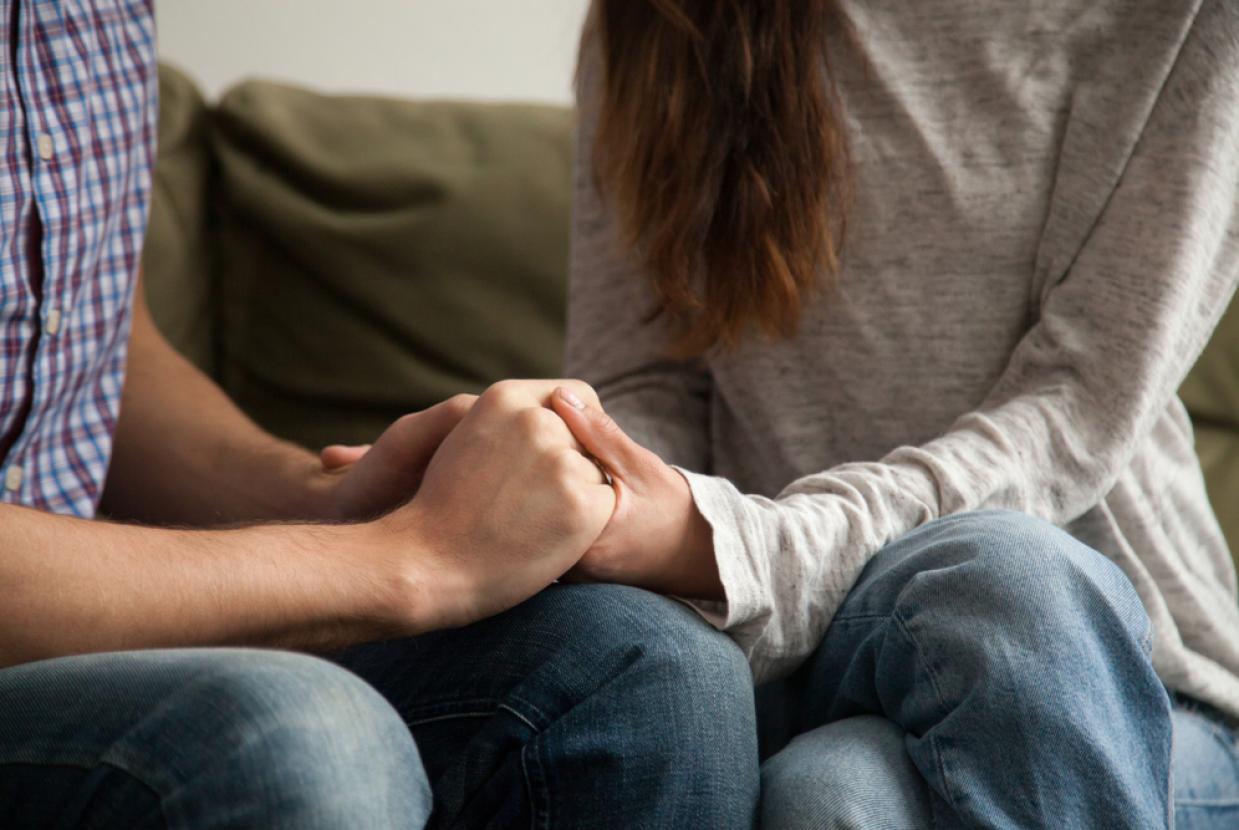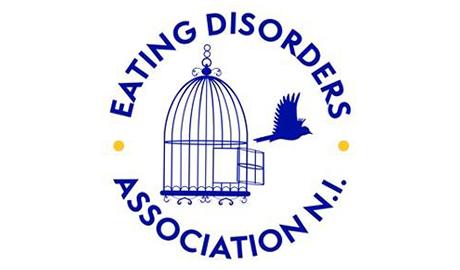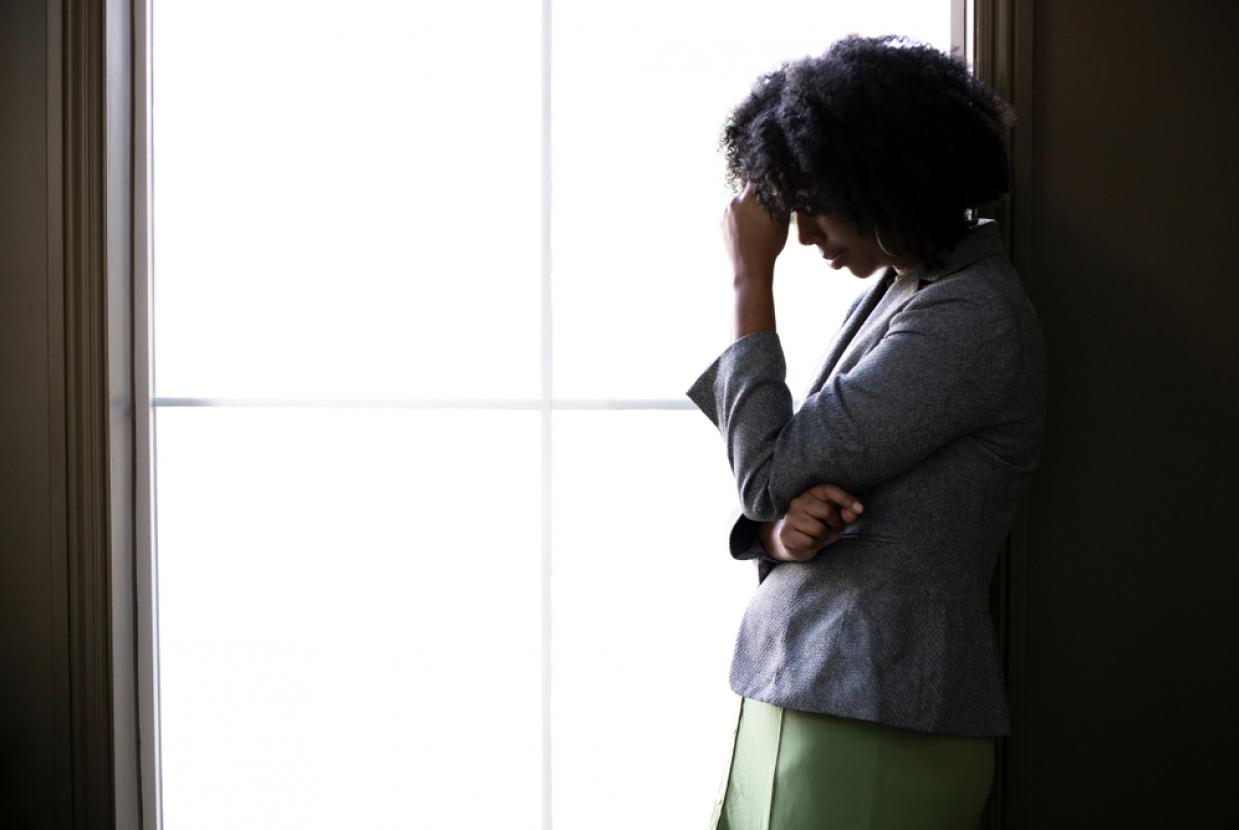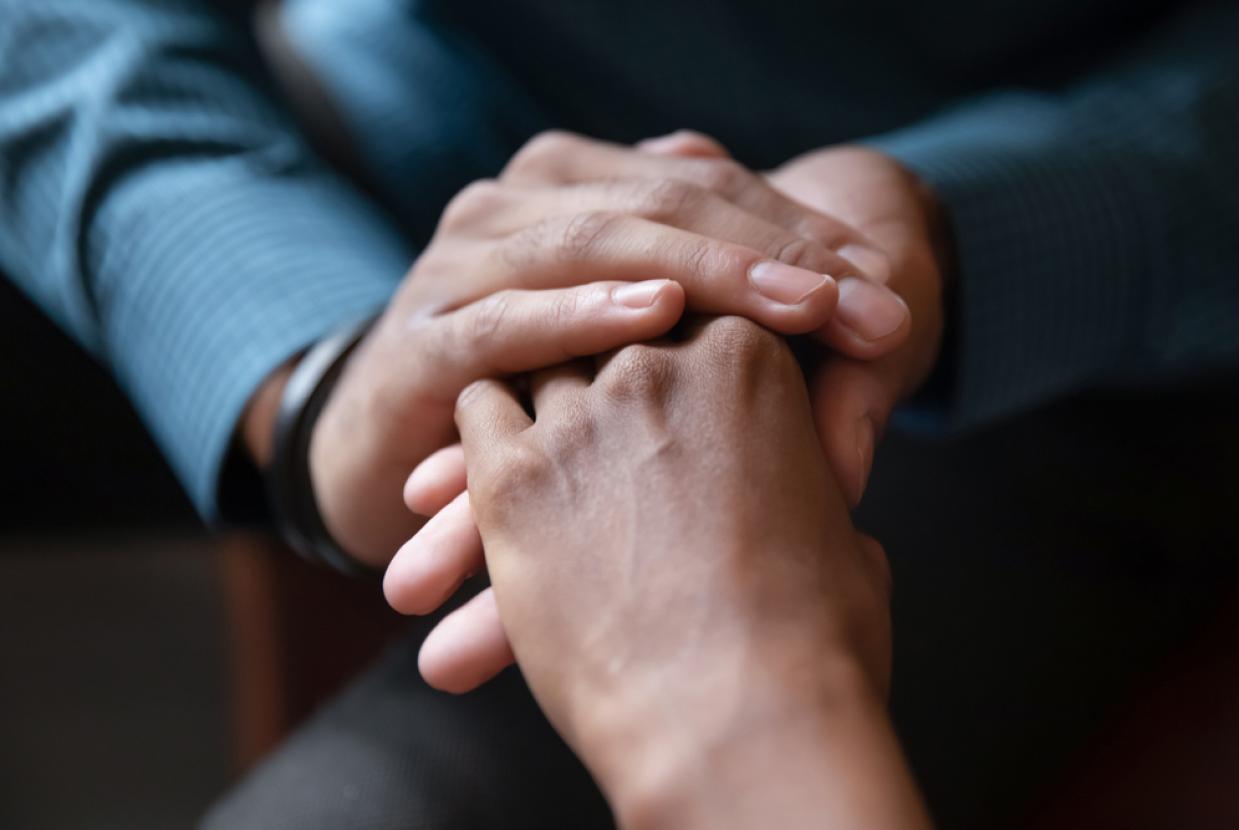Binge Eating Disorder
Binge eating disorder (BED) is a serious psychological illness which is characterised by the person eating large quantities of food, much more than would be considered normal, on a regular basis and over a short period of time.
BED can affect anyone regardless of age, gender and background.
People with BED often describe how they feel a sense of being out of control when they engage in a binge whereby they simply cannot stop it. They often describe a feeling of not really being present during a binge and at times are unable to recall what they have just eaten. Someone affected by BED typically engages in a binge in secret when no-one else is around and will not see them. It is also not uncommon for binges to be pre-planned. In public the person may maintain a persona of normal eating hence making the illness difficult to detect.
The difference between bulimia nervosa and BED is that the person affected by BED does not subsequently engage in purging behaviours after the binge such as making themselves sick. Someone affected by BED may also engage in frequent dieting behaviours and the person may find themselves trapped in a destructive and cruel cycle of dieting, bingeing, self-loathing and self-hatred. BED is an extremely distressing illness with the person left with extremely difficult feelings such as shame, disgust, guilt, embarrassment and feelings of being a failure.
BED however, like the other eating disorders, is not primarily about food, weight and shape. Beneath the surface and the outward manifestation of the illness, lays a person who is greatly struggling with their world. BED is fundamentally a coping mechanism for dealing with emotions and feelings. It is the way in which the person has developed to deal with their world. It is important to remember that no-one chooses to develop an eating disorder rather it is a complex psychological illness that develops for a range of various reasons.
Signs and symptoms of BED may vary from person to person, below are some of the common signs.
Behavioural Signs of Binge Eating Disorder
- Eating large quantities of food in a short space of time, even when not hungry
- Eating rapidly during the binge
- Hoarding food
- Buying large quantities of food
- Eating alone and in secret
- Eating until uncomfortably full
- Social withdrawal
- Irritability
Psychological Signs of Binge Eating Disorder
- Feelings of guilt and shame
- Low self-esteem and confidence
- Dissatisfaction with body
- Spending large amounts of time thinking about food
- Feeling a loss of control around eating
- Other mental illnesses such as depression and anxiety
- Physical Signs of Binge Eating Disorder
- Constipation
- Bloating
- Stomach pain
- Weight gain
- Poor skin condition
- Breathlessness
Is Binge Eating Disorder serious?
Similar to all eating disorders, BED is a highly distressing and very serious psychological illness. Similar to all eating disorders BED can also have long term consequences both physically and emotionally. Physical consequences of BED may include digestive issues, high blood pressure, high cholesterol and obesity.
Getting Help and Recovery
It is important to know that recovery from all eating disorders is ALWAYS possible, whatever stage the person is at in the illness, recovery is possible. The prognosis of BED is greatly improved with early and immediate access to treatment. It is very important therefore, if you are concerned that you are affected by BED or you are worried someone you care about is affected by BED, that you seek help and speak to someone immediately. The first step in getting help is usually by making an appointment with your G.P. Eating Disorders Association (N.I.) offer a range of services that may help you and your loved ones journey to recovery and can help guide you through the professional services that are available. Please feel free to contact us today in confidence for support, on 028 90 235959 or via email on info@eatingdisordersni.co.uk
Do you need support? Contact Eating Disorders NI on 028 90235959. Or alternatively you can reach them by email.
Please register with Eating Disorders NI online support group service to avail of the monthly support group service.






















